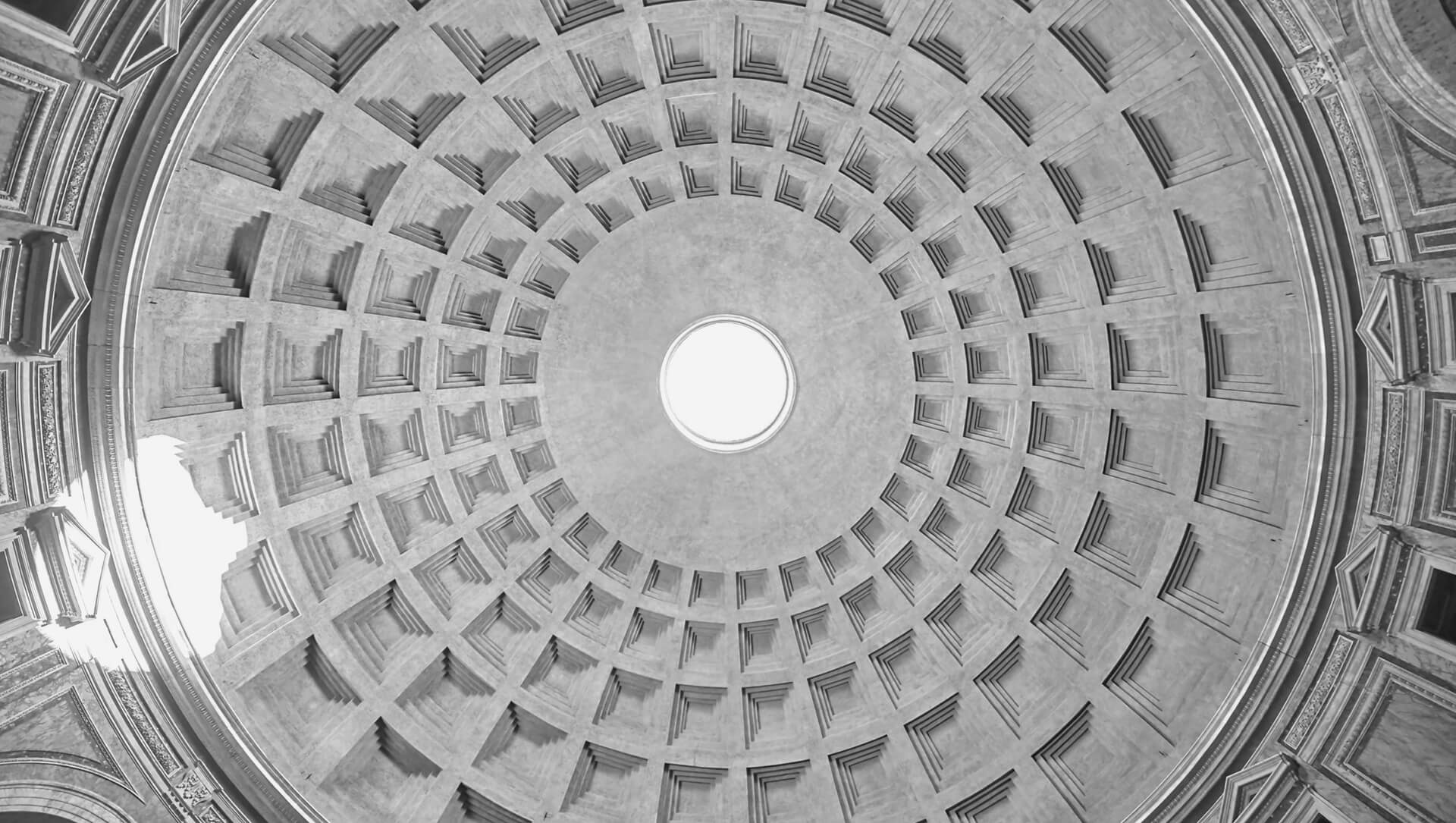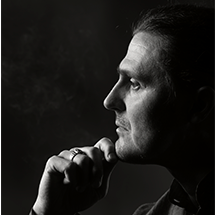MAIN CHOICE OF AN INDIVIDUAL
That which has the essence, content and form — the three aspects of existence in the three planes of reality — can rightfully be called existing.
An individual as an observer is an essence born of a higher Essence, a higher Source, the Father, and is a fractal analogue of Light. His body is a form that belongs to Matter, Mother and is a fractal analogue of Darkness. The human individuality-soul is a content in which one part comes from Light (Father), and the other from Darkness (Mother), thanks to which he has a free personal will to decide upon the main questions of his development as a movement either from Father to Mother, or from Mother to Father.
The mere statement of these phenomena constitutes the basis of the worldview.
In the modern world, the attitude to the human essence, as a representative of the highest Truth, relates to the idealistic worldview, and as belonging to the material body — to the materialistic one.
An attempt to explain everything with the highest Truth is the prerogative of idealists. An attempt to explain everything with matter is the prerogative of materialists.
An idealist grows in his worldview as an observer, realizing and gaining experience of the hierarchy of the essences in the Universe. Having discovered an even higher essence, illuminating a larger reality, uniting and explaining more manifestations of life and a larger scale of phenomena, he feels that his worldview becomes more all-encompassing, holistic and more true than before.
The growth of a materialist, on the contrary, consists in the accumulation of information about matter by means of statistical analysis, which reveals regularities, and the study of its increasingly subtle, elementary states with the help of material devices. The more he learns, the more of what he does not know is revealed to him. Thus, through the materialistic approach, his ignorance grows faster than knowledge. Surrounding himself with machines and transferring the cognition function to them, a researcher becomes a servant of a matter, which cognizes itself with the help of machines.
Whether to be an idealist — a subordinate of the higher Spirit-Father, realized within himself and above himself as the light of Truth — or to be a materialist — a servant of Matter-Mother, cognizing itself, all its diversity, or multiplicity of truths, with the help of machines — this is in fact the main choice of a human being, the choice of his worldview, which determines what an individual ultimately aspires to, his “ultimate cause” — if we draw an analogy with the words of ancient authors.
KEY CONCLUSIONS
1. A worldview is an inner vision and explanation of reality.
2. A worldview should be based on the concept of Truth and its direct experience in all three planes of human reality.
3. Truth is not just a semantic understanding and affirmation, but a living experience of the source of Light illuminating the Darkness, from which the images conformable to the Source are born. These images make up our worldview.
4. The essence of a human being is the light of Truth, the person-observer himself is the content, his body is a material form.
5. The main choice of an individual is whether to serve the Truth through his mind — the observer — or to Matter through the machines created from it, i.e. through objects.
Continued in chapter II. Worldview Function.
Image by Everett Collection from Shutterstock.com

Description of the process of thinking that takes place in the higher plane of reality and is aimed at cognition.

Sources of the worldview and its influence on an individual. The importance of a clear definition of terms. The need to restore culture.

Measure as the criterion of Truth. Virtuality of measures used by modern objective science. The need to return the Observer into the process of cognition.
